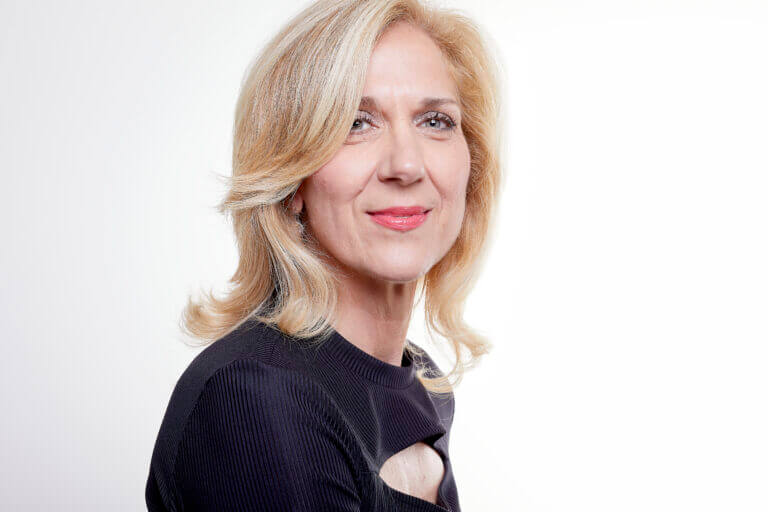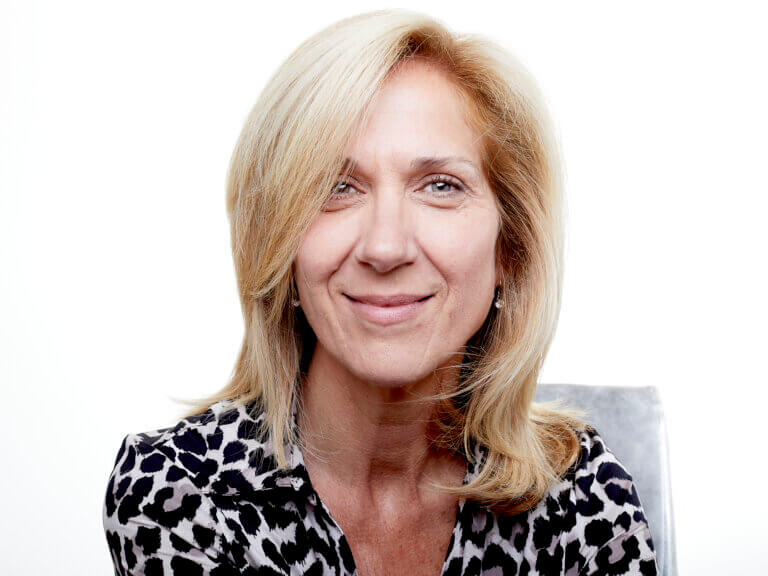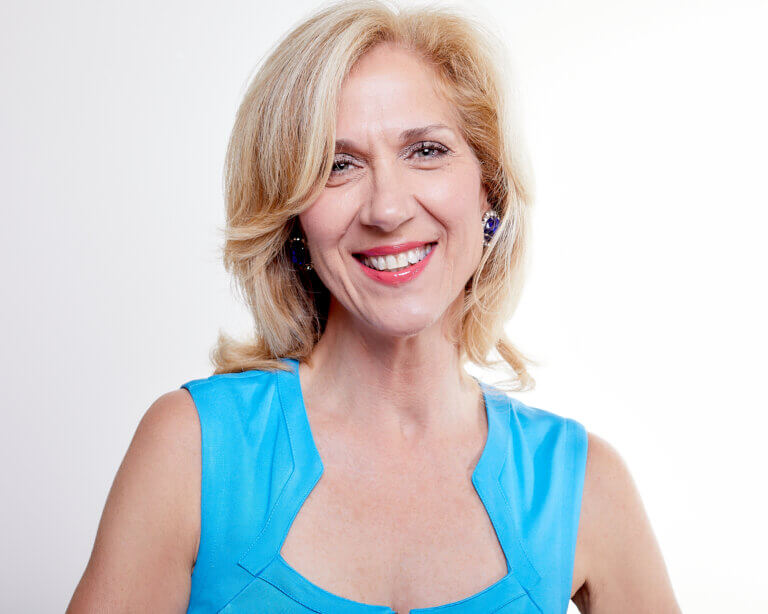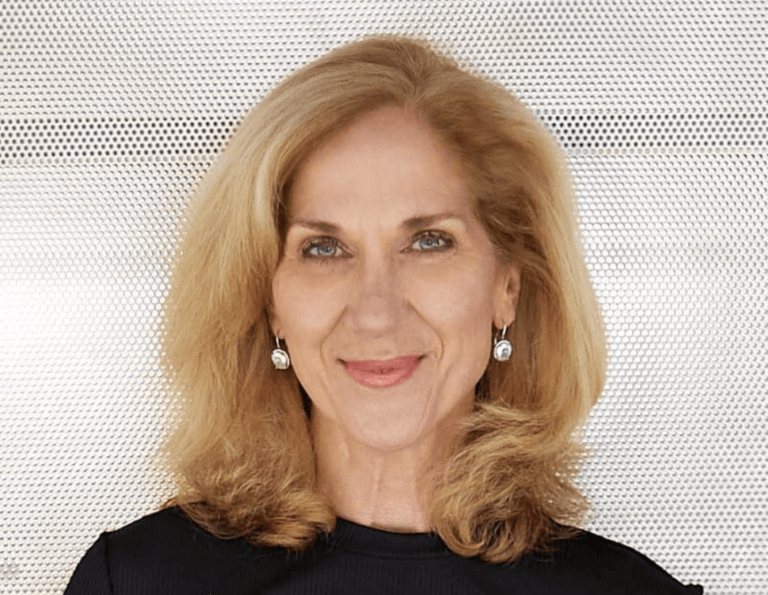Diagnosis 101:
5 questions to answer to embrace this final journey with dignity and inner-peace.
Most people believe that hearing a terminal diagnosis is the toughest moment of one’s life.
However, it’s actually one of the ‘easiest’ parts of this journey. It’s the challenges that come after the diagnosis that are most difficult. Who do you tell first? How do you break the news? What are the practical tasks you need to do so your wishes— and your loved ones— are supported?
Here are 5 questions to answer that’ll help you and your family shift the fear, grief and anger of a terminal diagnosis into calm and inner-peace:
Question #1:
How do I talk to my family and friends about what needs to happen now?
When the diagnosis first happens, many people don’t want to speak about the unspeakable. They don’t want to talk about funerals, or End of Life Celebrations, or what life will look like after they’re gone.
And that’s okay. A terminal diagnosis comes with an avalanche of emotions that are difficult to process. You might feel angry. Scared. Bitter. Regretful. You might feel all of these emotions at the same time. However, as hard as this is, it’s vitally important to not be imprisoned by these challenging emotional states.
By giving yourself permission to let the ‘emotional lava’ bubble out of the volcano and settle, you’ll release these emotions, freeing you to live every last moment on your own terms.
You’ll also be more prepared to face the practicalities of what needs to happen before you pass away and after you’re gone.
Without this emotional processing, many people depart this Earth without joy or peace, and leave their families with a complicated mess that adds to their pain.
Instead, take some time to move through these emotions so you, and those you love, are as comfortable as possible during this time.
Question #2:
What can I do to leave this life with my head held high?
All of us have secrets and things we’ve been hiding from others. Some are small, while others can seem life-shattering. As we move through our lives, these secrets become a part of ourselves— like little boxes that we lock away— causing deep shame and guilt.
But, entering the end stage of life presents a rare opportunity to let go of these secrets we’ve carried for years.
Whether it’s an affair, a crime, a hidden child, financial issues, or something else, being able to fully let go of our secrets is critical to dying with dignity and grace.
For my husband, Phil, who passed away from a 5-month battle with cancer, he found out he had a secret sister after his mother’s suicide. Had she shared that secret, it could’ve spared tremendous pain for her in life— and the rest of the family after her death.
However, you might be wondering how to approach such a difficult topic.
One of the best ways I help clients do this is through documentation. From a book about your life story to a digital capsule, documenting your truth allows you to feel at peace as you face this final act.
No matter if you decide to share your secret before you pass or wait until you’re gone, you’ll hold your head up high knowing there’s healthy closure for you, and your loved ones if they eventually find out.
Question #3:
What is the #1 task I need to handle so my family is safe after I’m gone?
It’s no surprise that financial matters are the most important affairs to be sorted before your passing. As a Legacy Advisor and Transformation Specialist, I’ve worked with widows and widowers who were left with a financial mess that upended their lives after the loss of their spouse.
Don’t leave a nightmare of lawyers and accountants at your family’s door. As tough as this is, it’s one of the practicalities that must be addressed for the safety and comfort of you and your family.
But, it can be especially challenging. If you’re overwhelmed about creating a will or organizing your assets, it’s vital to reach out for help.
A trusted confidante like me has years of experience not only in accounting, but also in moving through this last chapter with joy and inner-peace.
Question #4:
What should I do with my ‘digital’ persona?
These days, we all have a digital version of ourselves that lives on in cyberspace for eternity. Whether you’re a social media butterfly, or you’ve had one email address for decades, it’s crucial to decide what you want to do with these accounts. Old, unused accounts are often hijacked by identity thiefs and social engineers. You can avoid this by making solid decisions about your digital persona.
Do you want your Facebook, Instagram or Twitter accounts deleted for good? Would you like family and friends to post heart-warming memories about you on your pages? Would you like them turned into memorials for posterity?
Whichever option is right for you, make sure a trusted ally, family member or friend has all of your passwords so it’s as easy as possible to carry out your wishes.
Question #5:
How do I create a legacy for my spouse, my children, my grandchildren or the world?
No matter how big or humble your life has been to this point, you have a shining legacy to leave behind that can guide others for decades.
My husband, Phil wanted his story written in a book, so he could share the power of faith and love and help others embrace it. After he passed away, I wrote that book and documented my journey by his side, which you can find here.
Steve Jobs had his legacy preserved in a book as soon as he knew his diagnosis. Whether you want to follow in their footsteps, or create a legacy through audio, video or visual art, you can leave a lasting impact on others. In my work, I do this by helping clients create a legacy through a book of their own that documents their hopes, struggles and triumphs.
Why these questions are so important?
Diagnosis 101 can be a giant obstacle that’s difficult to face. However, by facing this final chapter head on, it’s also a beautiful opportunity to stop more pain later— for you and those you leave behind. It also offers a life-changing transformation; one that clears the pain you’re carrying so you live the rest of this life (and embark on the next) with overflowing joy, hope and peace.
But, it can seem like an insurmountable challenge to do this on your own, or with family members who are overcome with denial, anger or grief.
Whether you need specialized emotional support, an unbiased confidante, or help sorting out your affairs, I’m just one call away for help.
Together, we can move through this process and turn your pain into peaceful fulfullment.
If you would like to watch a video about this topic click here.





